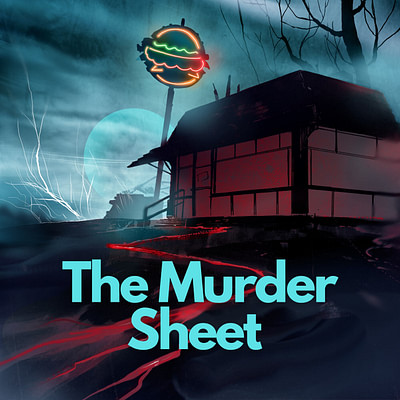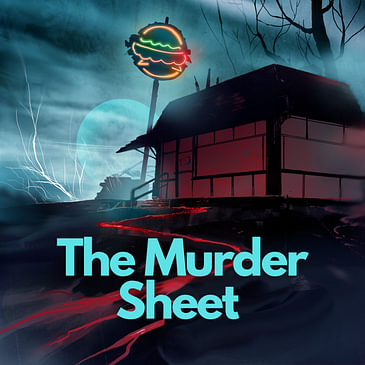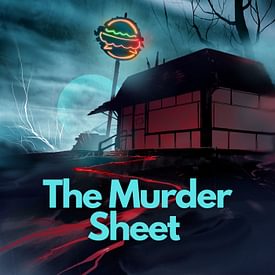In 1935, a young schoolteacher named Edith Maxwell went out dancing. When she came back to her family's home in Pound, Virginia, the trouble started. By the next day, her father Trigg was dead. But was Edith a murderer, or a victim? And how did relentless media coverage poison the public's understanding of the case. In this episode, we'll speak to author and journalist Sharon Hatfield about her book on the case.
Buy Sharon's book Never Seen the Moon: The Trials of Edith Maxwell.
Or buy it here through the publisher, the University of Illinois Press: https://www.press.uillinois.edu/books/?id=p076336
The Murder Sheet participates in the Amazon Associate program and earns money from qualifying purchases.
Here's the website for Ernie Pyle's Boyhood Home in Dana, Indiana: https://erniepyle.org/ernie-pyles-boyhood-home/
Here's the website for the Ernie Pyle World War II Museum in Dana, Indiana: https://erniepyle.org/
Send tips to murdersheet@gmail.com.
The Murder Sheet is a production of Mystery Sheet LLC .
See Privacy Policy at https://art19.com/privacy and California Privacy Notice at https://art19.com/privacy#do-not-sell-my-info.


